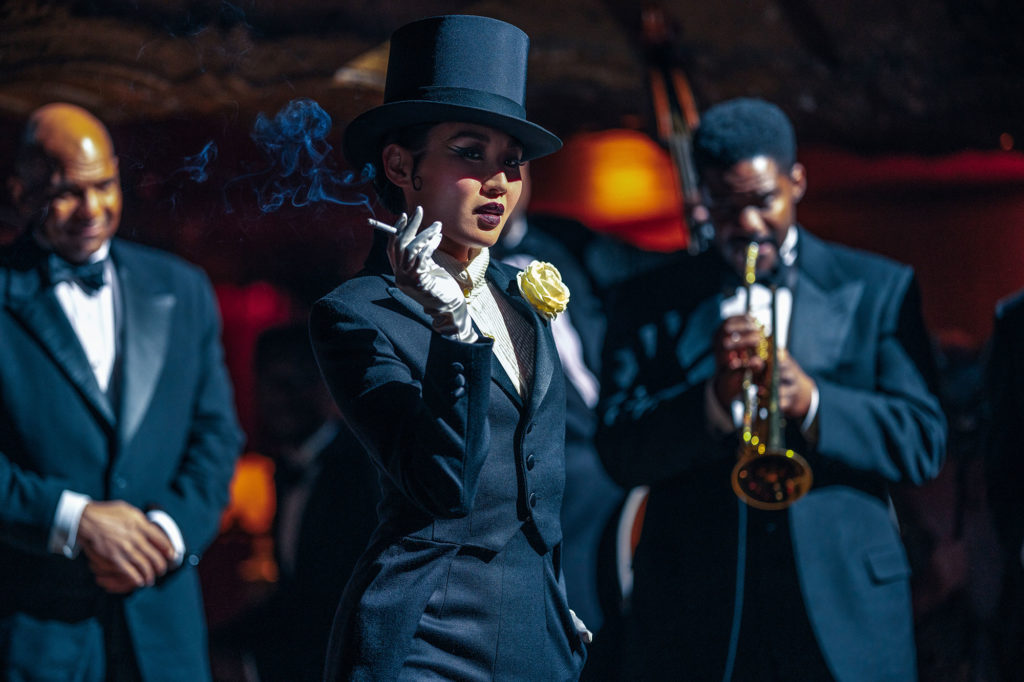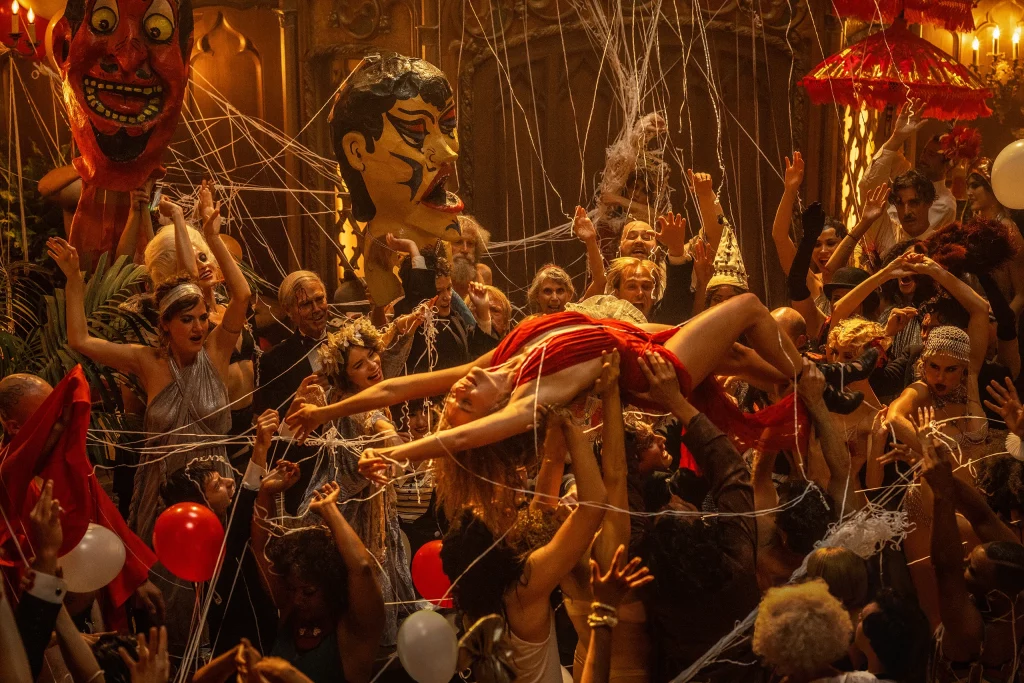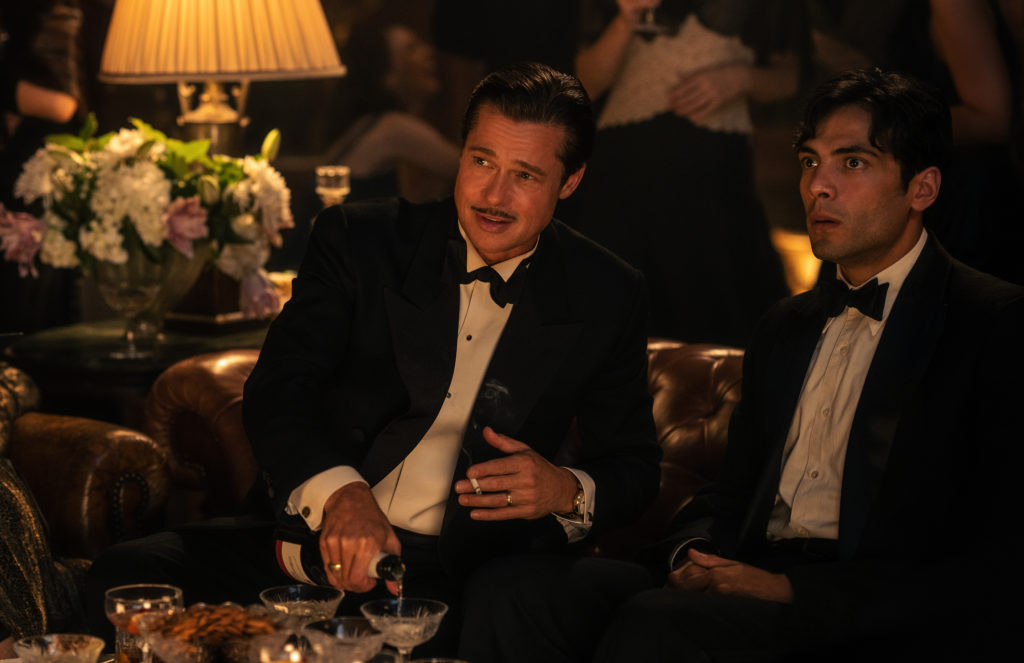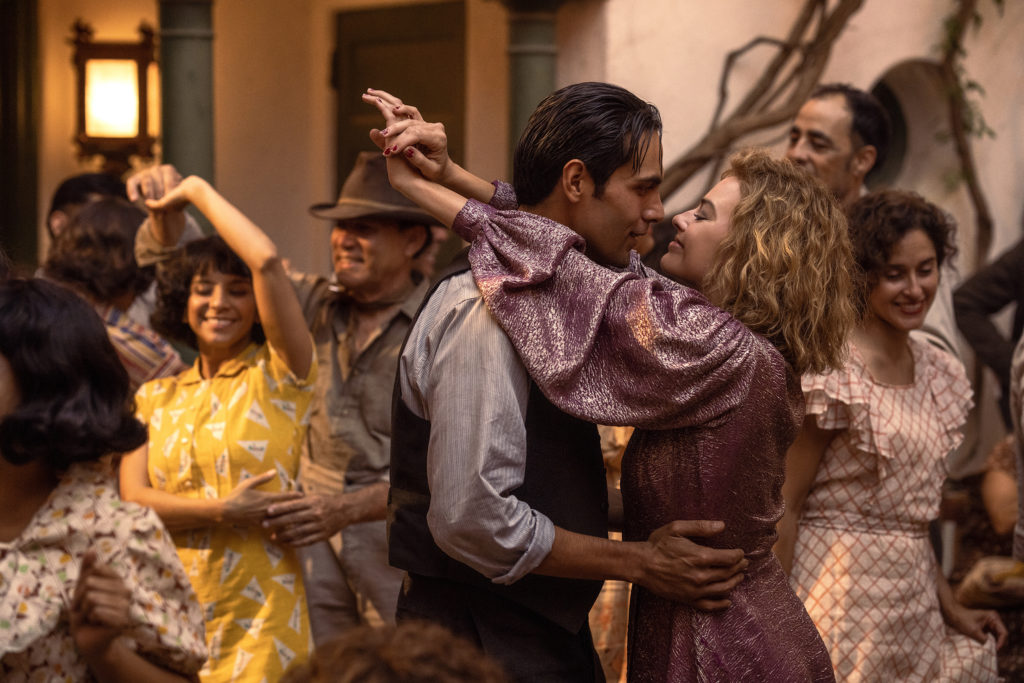No Rules in 'Fair Play'
Rules are nowhere to be seen in the harsh unfiltered reality of ‘Fair Play.’


Babylon is grand and exhilarating. At 3 hours and 15 minutes, it’s a journey one has to brace themselves for. In fact, due to its length, I’ve avoided watching it over these past eight months because I knew it needed my full attention and focus, as well as my patience.
I like director Damian Chazelle. Whiplash and La La Land are two excellent films. And while I knew very little about Babylon while it was being marketed late last year aside from the fact that it took place in “old” Hollywood, I suspected something exceptionally creative and ambitious. And that is precisely what Babylon was. While I found the third act to be somewhat underwhelming, it did not detract from the beginning parts of the film which were exciting, original, and highly entertaining.
One thing that came up throughout the movie was my questioning of its authenticity. More specifically, its historical accuracy. There is excess and debauchery in abundance during the Silent Era which is primarily when the film takes place.
There is also notable diversity. Babylon shows a highly successful Black male musician, a Latino film executive, and an Asian singer. They all work and party together in orgiastic fashion. Late 1920s Hollywood was many things, but ethnically diverse and equal in opportunity, I am not so sure. Babylon subtly addresses that fact. There are scenes of racism making it clear that this isn’t necessarily some idealized utopia for dreamers and ambitious types. Or is it?

Tinseltown, as portrayed here, is the Wild West. Where anything goes. It’s a vision. A party you want to be invited to.
And that’s where we start. The film opens on a lavish party in a mansion in the middle of the desert. People of all sorts celebrate to drum beats in a kind of primal fashion. Manny Torres (Diego Calva) over sees the event. He meets Nellie Laroy (Margot Robbie), an aspiring actress who he quickly becomes smitten with. Manny uses a giant elephant to distract the crowd while he sneaks out an actress, Jane Thornton (Phoebe Tonkin), who has overdosed on drugs. It is at this party that we’re introduced to silent film star, Jack Conrad (Brad Pitt), cabaret singer, Lady Fay Zhu (Li Jun Li), and jazz musician Sidney Palmer (Jovan Adepo). Laroy is spotted and chosen to replace Jane in a film set to start shooting the following morning. Meanwhile, Manny gets a job as an assistant on the same shoot from a drunken Jack whom he drives home.
The following day we’re in the middle of the desert with numerous film sets, carefully designed backdrops, and hundreds of extras. The scene is chaotic. Laroy kills it as the star of the silent film: crying on demand and taking direction like a seasoned pro. She quickly becomes a film star. Covering her new status as ‘it girl’ is Elinor St. John (Jean Smart), a gossip columnist who’s the voice of the town in some ways.
Meanwhile Manny is tasked with getting a film camera after those available on set were destroyed while covering a battle scene. He hops in a car, gets to a rental facility, and waits for a camera to become available. He rushes back to set mere moments before sunset. Crazed German filmmaker, Otto (Spike Jonze), shoots a final embrace between Jack and his onscreen lover with the minimal daylight he has left. Manny is celebrated as a hero and is quickly hired to work for Kinescope, the studio in charge of the productions. He soon rises through the ranks, becoming a film executive.

The following synopsis reveals a few spoilers. It is the late 20s. The Jazz Singer premieres. Known as the first ‘talkie’ or sound picture. Laroy struggles to adapt to the change and, like many silent film stars, becomes somewhat irrelevant. She resorts to heavy drinking and gambling. The unsophisticated ‘wild child’ persona that made her famous is now seen as low-class and distasteful. Manny tries to help her salvage her career by attempting to assimilate her into high society, working on her speech and behavior. Of course this proves challenging.
Meanwhile Jack is also a victim of changing times. Now relegated to B-movies. At one point he goes to a screening of one of his films and witnesses the audience laughing at his awkward delivery of lines. Elinor St. John, the gossip columnist, writes a front page article about the silent star’s fall from grace leading to a confrontation with the columnist where she lays bare the ugly truth of Jack’s decline.
Lady Fay, who assembled title cards for the silent features and helped in the attempts to reboot Laroy’s career, is fired by Manny for a controversial publicized dalliance with Nellie. Sidney finds success as an orchestra musician then band leader. A scene later in the film, however, compromises his dignity. And he walks away from the job, vowing to never do it again.
The film is called Babylon because the ancient biblical city was known for its sin and extravagance. There is no shortage of that here.

However, the movie wants to be more epic than it actually is. Specifically, a monologue spoken by Elinor St. John late in the film falls kind of flat. There is also the fast forward to Manny’s life 20 years later as he sits in a theater watching Singin’ in the Rain, a movie that mirrors the events in his life. The movie ends with a montage of the entire history of film and I found it anticlimactic.
That being said, I truly enjoyed the film. If only for the well choreographed party scene at the beginning followed by another wonderful sequence on a production set in the desert. From there we sympathize with Manny, Nellie, and Jack and will go anywhere with them, through the highs and lows.
For its attempts at assimilation, a sort of re-casting of the historical period with people from all different races and backgrounds, I give it a thumbs up. Whether it’s accurate or not. The diversity simply makes the movie more enjoyable. And we should remind ourselves that this is not a documentary. While it may have many elements that feel grounded and true, it is all from the imagination of Damian Chazelle and a great cast of composers, costume and production designers, and performers.

If you like Hollywood, check out Babylon. You’ll be surprised at the amount of fun actors, directors, and others had while working on the cutting edge of moviemaking back then. At some point the party ended, but boy it was fun while it lasted.
Related lists created by the same author
Rules are nowhere to be seen in the harsh unfiltered reality of ‘Fair Play.’
Related diversity category
So. You’ve been quarantined. For many of us in the midst of the coronavirus outbreak, we find ourselves locked in our houses, with not much to do. Here's a list of 19 movies you can catch up on!
Related Movie / TV / List / Topic
The series follows Mark Naird (Carell), a four star general who has been appointed to run the newly created Space Force